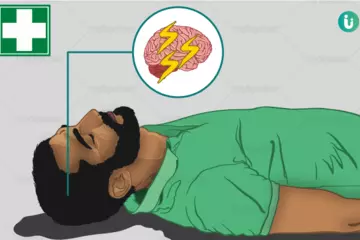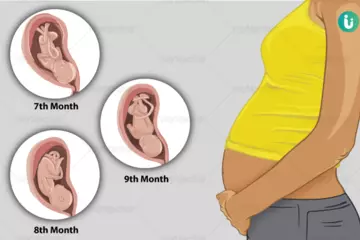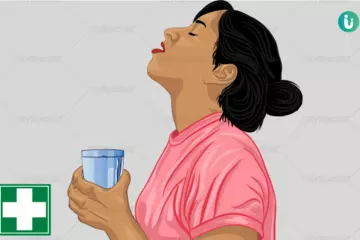What is a Myasthenia Gravis?
Myasthenia gravis (MG) is a disease caused by an abnormal functioning othe f body’s immune system, which wrongly affects its own tissues causing inflammation and damage. It affects the transmission of chemical messages between the nerves and muscles, which help to bring about all movement and activity. It affects both men and women across different age groups. It is seen in the early years in women and in the later years in men. Due to the inflammation, there is a progressive loss of energy to bring about movement in various muscles.
What are the main signs and symptoms?
- Muscle weakness
- Double vision due to weak eye muscles
- Trouble during speech
- Weaker voice
- Difficulty in chewing and swallowing
- Breathing difficulty
- Problems in lifting weights
The disease progresses if these symptoms are left untreated.
What are the main causes?
Myasthenia gravis is caused when the body’s own immune system mistakenly attacks healthy cells between nerve terminals of the brain and muscle. These cells are damaged due to a reduced chemical messenger called acetylcholine that passes between the two. Factors which increase the risk of the condition include
- Impaired thymus glands that control immunity
- Cancer
- Family history of MG
How is it diagnosed and treated?
A neurological examination is performed that determines the
- Degree of muscle weakness
- Muscle tone
- Reflexes
- Defect in the eye through an examination
- Muscle coordination
A detailed medical history is taken. Other tests include
- Measurement of the chemical messenger acetylcholine
- Edrophonium chloride test is a subjective test in which muscle movement is checked
- Electromyography that records electrical activity of muscle tissue
- CT scan and MRI to check for thymus glands
- Lung test to measure the breathing strength
There is no cure for MG currently. The treatment involves managing symptoms and controlling the immune system.
- Medications that reduce immunity and corticosteroids are useful. Pyridostigmine is used to improve brain signals between nerve cells and muscles. Intravenous immune globulin is a type of blood product that helps combat induced immunity.
- Surgery involving the removal of the thymus gland is planned.
- Exchange of plasma helps in improving muscle strength.
Lifestyle changes may help alleviate symptoms of MG:
- Resting to minimize muscle weakness.
- Avoiding stress and heat exposure.

 Doctors for Myasthenia Gravis (MG)
Doctors for Myasthenia Gravis (MG)  OTC Medicines for Myasthenia Gravis (MG)
OTC Medicines for Myasthenia Gravis (MG)



















